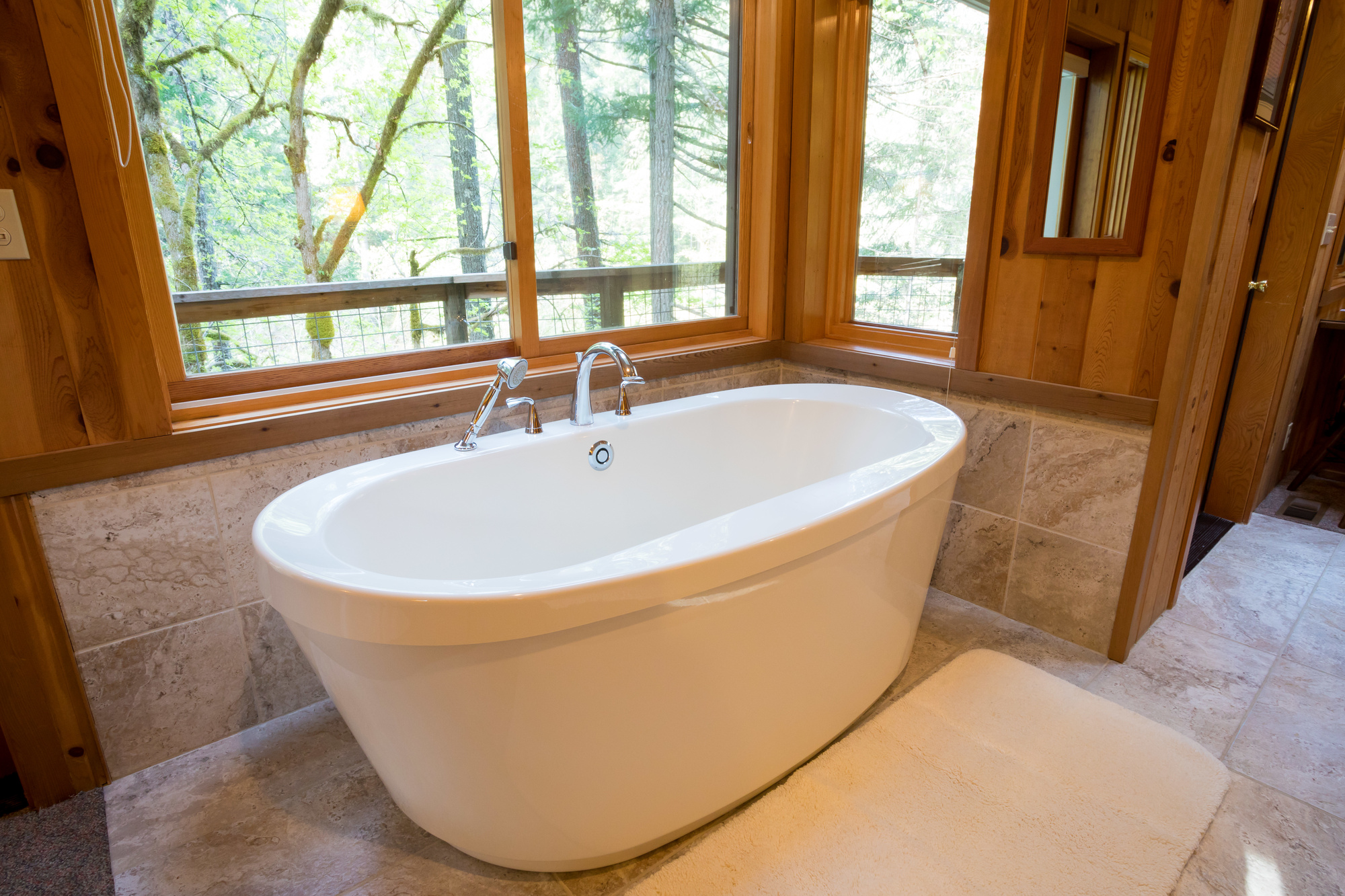
The Pros and Cons of Different Materials When Remodeling a Bathtub
Remodeling your bathtub is an important decision that can make a huge impact on the look and feel of your bathroom. Knowing which materials to use and the advantages and disadvantages they offer can help you make the best choice for your remodeling project. Whether you are planning to replace or resurface a bathtub, the material you choose is important. Below we will dive into some of the best materials to use for remodeling a bathtub and the pros and cons that come with each one.
Types of Materials Used in Bathtub Remodels
When it comes to bathtub remodels, there are many different options for materials. Popular choices include acrylic and fiberglass, cast iron, tile, epoxy resins, and solids such as marble or granite. Each material has its own unique properties that are suited to different needs. Here are some of the advantages and drawbacks of each material:
Acrylic and Fiberglass Material
Advantages:
Acrylic or fiberglass material is lightweight, affordable, non-porous, and easy to clean. It is also very durable, with minimal maintenance required over time.
Disadvantages:
The main disadvantage of using acrylic or fiberglass material for a bathtub remodel is that it may become discolored over time due to exposure to water or chemicals in cleaning products. Additionally, these materials are not as long-lasting as some other types of bathtub remodels.

Cast Iron Material
Advantages:
Cast iron material used for bathtubs is extremely durable and can last a lifetime with proper care. The color will stay beautiful over time if it’s well maintained, unlike some other types of material that can fade with age.
Cast iron also provides good insulation which helps keep your water warm while taking baths or showers.
Disadvantages:
The main disadvantage to using cast iron for your bathtub remodel is the hefty price tag associated with it; cast iron often costs more than other types of materials for a similar-sized tub.
Additionally, because cast iron is heavy it requires additional structural support in order for it to be installed safely inside your bathroom walls without causing any damage.
Tile:
Advantages:
Tile offers great versatility when it comes to color, and pattern design options, allowing you to customize the look and feel of your bathroom according to your personal preference.
Tile tends to be more cost-effective than materials such as cast iron so if you’re on a budget this could be a great option! In addition, tile doesn’t easily stain or scratch so any spills during bathing won’t cause any permanent damage either!
Disadvantages:
Installing tile can be quite labor-intensive compared to some other materials used in remodeling bathrooms since each tile must be individually laid down onto the surface in an even pattern across the entire floor/surface area being laid on top off.
Additionally, tiles can chip over time every now and again depending on how rough usage is around where they’re placed during everyday life – something that may need regular maintenance checks once fully laid down!

Marble and Granite
Advantages:
Marble and granite are both solid materials that offer a luxurious look to your bathroom. They require more maintenance than other materials but can last for decades if taken care of properly.
Marble has a timeless elegance that is beautiful in any bathroom. It is highly durable and won’t easily chip or crack, making it perfect for a bathtub remodel. The color will also stay consistent over time, adding to its sophisticated appeal.
Disadvantages:
The main disadvantage of using marble for a remodel is the cost associated with it; marble tiles tend to be very expensive compared to other materials on the market.
Additionally, marble can be porous which can allow water to seep through and weaken the structural integrity if not sealed properly after installation.
Granite
Advantages:
Granite is an incredibly strong material that is both stylish and practical. It is resistant to stains, scratches, and heat, making it perfect for high-traffic areas such as bathrooms or kitchens!
The polished surface also comes in an array of colors and patterns so you’re sure to find something suitable for your bathroom design needs. Additionally, granite requires minimal maintenance; all it needs is periodic sealing to keep its original luster intact over time.
Disadvantages:
Granite is usually more expensive than other materials used in bathtub remodels, making it difficult for those who have budget constraints when redoing their bathrooms.
Additionally, improper installation can lead to water leaking into cracks between pieces which could damage the walls or flooring underneath.

What is the Cost for Common Bathtub Remodel Materials?
The cost of the materials for a bathtub remodel depends on the type and quality of the material used. For instance, cast iron tends to be more expensive than tile, while granite or marble are typically pricier than other materials. Labor costs will also vary depending on the complexity of the job so make sure you get quotes from several contractors to ensure you’re getting the best deal. On average, here are a few examples of what each previously mentioned material will cost per square foot:
Tile: $2-$10
Cast Iron: $7-$20
Marble/Granite: $15-$25
Acrylic: $2-$10
Fiberglass: $3-$15
Vinyl: $2-$10
Porcelain: $2-$10
Ultimately, the price of your bathtub remodel materials will depend on the type and quality you choose. Be sure to shop around for different quotes and compare them before settling on any one material to ensure you get the best deal for your bathroom remodeling project.
What is a Realistic Budget for a Bathtub Remodel?
While the budget for a bathtub remodel will depend largely on the materials used, on average it can cost anywhere from $500 to $5,000 or more. Factors such as the size and complexity of the remodel will also affect your overall budget. If you’re looking to save money, using tile or vinyl is a typically cheaper option than cast iron or marble/granite. Additionally, you can save on labor costs by doing some of the work yourself, such as installing the tub or replacing fixtures.
Overall, it’s best to create a realistic budget for your project before making any decisions and shop around for the best deals you can find. With this in mind, you’re sure to find something that fits your needs without exceeding your budget.
